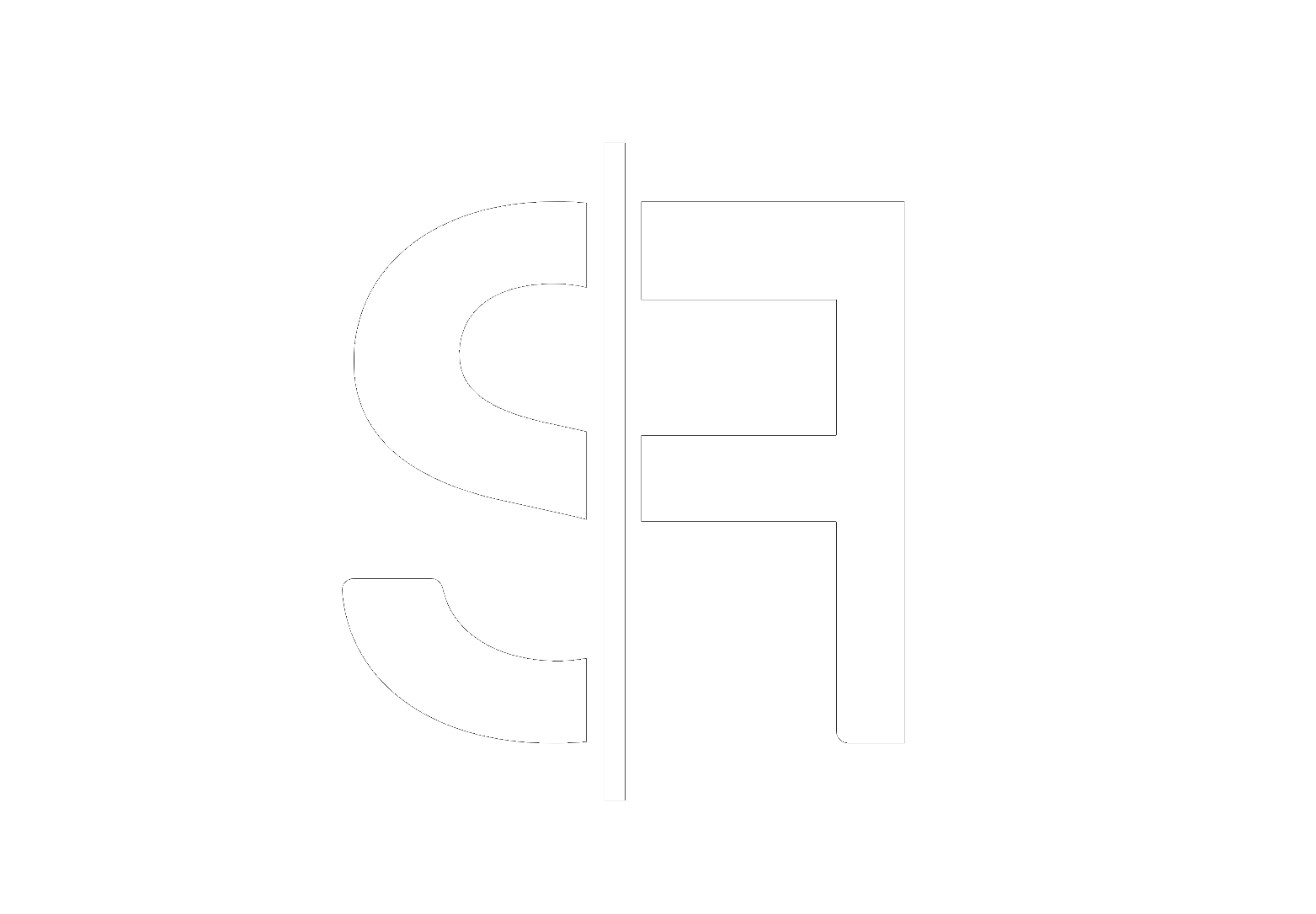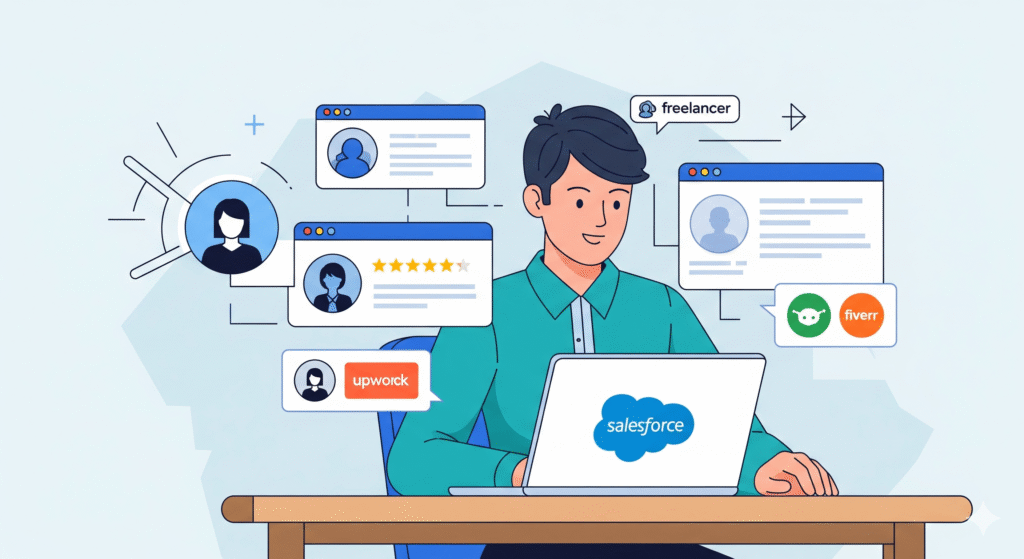Salesforce Platform Events vs Streaming API: Key Differences
In the dynamic world of Salesforce development, understanding how to leverage real-time data and event-driven architectures is crucial for building scalable and responsive applications. When it comes to broadcasting and subscribing to data changes within Salesforce, two prominent technologies come to mind: **Salesforce Platform Events vs Streaming API**. While both facilitate communication, their underlying mechanisms, use cases, and capabilities differ significantly. This post will delve into these key differences to help you choose the right tool for your needs.
What are Salesforce Platform Events?
Salesforce Platform Events are a robust and declarative way to implement event-driven architectures within the Salesforce platform. They represent a significant shift towards a decoupled and scalable integration pattern. Essentially, Platform Events are a type of *change data capture* that allows you to publish business events (like “Order Created” or “Account Updated”) and have other Salesforce components or external systems subscribe to them and react accordingly. They are designed to be a standardized way for applications to communicate business events within Salesforce and to external systems.
Key Characteristics of Platform Events:
- Declarative Setup: You can define Platform Events directly within Salesforce Setup without writing Apex code for event publishing.
- Standardized & Extensible: They offer a defined schema and can be customized with custom fields, making them versatile.
- Decoupled Architecture: Publishers and subscribers operate independently, enhancing resilience and scalability.
- Built-in Event Bus: Salesforce manages the delivery and persistence of events.
- Replay Capabilities: Subscribers can often replay past events, allowing for recovery and synchronization.
- Scalability: Designed to handle high volumes of events efficiently.
What is the Salesforce Streaming API?
The Salesforce Streaming API is a powerful tool for receiving near real-time notifications of changes happening in your Salesforce data. It provides a way to subscribe to notifications about record creation, updates, deletion, and undeletion. This is achieved through various subscription channels, including PushTopic, Generic Streaming, and Change Data Capture (which is now largely superseded by Platform Events for many use cases). The Streaming API is more about observing changes to existing data rather than broadcasting custom business events.
Key Characteristics of the Streaming API:
- Data-Centric: Primarily focused on data changes within standard and custom Salesforce objects.
- Push Notifications: Delivers notifications to subscribed clients as soon as changes occur.
- Multiple Channels: Offers different ways to receive notifications, such as PushTopic (for specific SOQL queries) and Change Data Capture.
- Code-Based Subscription: Often requires client-side code (e.g., JavaScript, Apex) to subscribe and process notifications.
- Focus on Object Data: Less emphasis on publishing arbitrary business events.
Salesforce Platform Events vs Streaming API: The Core Differences
The distinction between **Salesforce Platform Events vs Streaming API** boils down to their fundamental purpose and how they operate. While both enable real-time communication, they serve different strategic needs.
Purpose and Event Types:
- Platform Events: Primarily designed for broadcasting custom business events that signify a significant business action or state change. They are about communicating what *happened* in the business process, not just data modifications.
- Streaming API: Primarily designed for reacting to data changes in Salesforce objects. It’s about observing and acting upon modifications to your records.
Publishing Mechanism:
- Platform Events: Declarative event creation and Apex-based publishing. You define the event structure and then publish instances of that event.
- Streaming API: PushTopics are created based on SOQL queries, and Change Data Capture tracks object changes. The “publishing” is implicitly tied to data modifications.
Decoupling and Scalability:
- Platform Events: Offer a higher degree of decoupling. Publishers and subscribers are independent, making systems more resilient and easier to scale.
- Streaming API: While it provides real-time updates, the coupling can be tighter, especially with PushTopics directly linked to specific SOQL.
Use Cases:
- Platform Events:
- Integrating disparate systems by broadcasting business events.
- Building decoupled microservices on the Salesforce platform.
- Implementing complex business workflows that require inter-application communication.
- Triggering actions in external systems based on Salesforce events.
- Streaming API:
- Displaying real-time dashboards of data changes.
- Providing instant notifications to users when specific records are modified.
- Building integrations that need to react immediately to data updates.
When to Use Which: A Practical Guide
Choosing between **Salesforce Platform Events vs Streaming API** depends heavily on your specific integration and architectural requirements.
Opt for Platform Events when:
- You need to publish custom business events that are not directly tied to object data changes.
- You want to build a highly decoupled and scalable architecture.
- You are integrating multiple applications or microservices that need to communicate business state changes.
- You require robust event replay capabilities.
Opt for the Streaming API (specifically Change Data Capture) when:
- Your primary need is to react to changes in Salesforce object data in near real-time.
- You want to build simple notifications or updates for users based on data modifications.
- Your integration scenarios are more directly focused on data synchronization.
For most modern Salesforce integrations requiring event-driven communication, Platform Events are the recommended and more future-proof solution due to their declarative nature and superior decoupling capabilities. You can explore more about our Salesforce integration services at sflancer.com/services.
Partnering for Salesforce Success
Navigating the complexities of Salesforce integrations and choosing the right tools like Platform Events or the Streaming API can be challenging. At Sflancer, we specialize in providing expert Salesforce development and integration solutions. Whether you’re looking to build custom applications, integrate with external systems, or optimize your existing Salesforce environment, our team can help.
We understand the nuances of event-driven architectures and can guide you in implementing the most effective solutions for your business needs. To discuss your project requirements or learn more about how we can assist you, please don’t hesitate to contact us.
Explore our other blog posts for more insights into Salesforce best practices and sflancer.com/blog.
For further technical details from Salesforce itself, you can refer to their official documentation, such as Salesforce Streaming API Overview.
Visit our homepage at sflancer.com to discover the full range of our Salesforce expertise.

